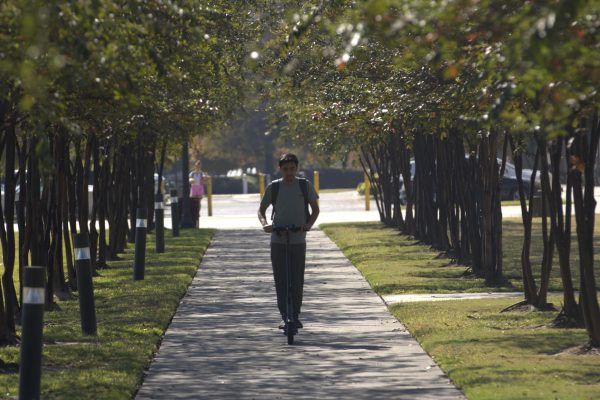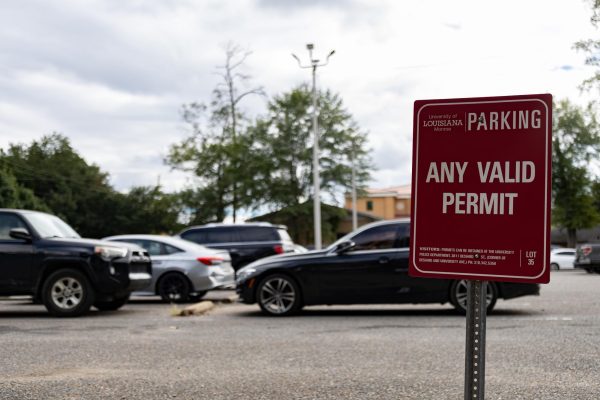Social media helps in wartime
War is hell, and the world deserves to see how it impacts the civilians caught in the crossfire.
Social media, with all of its criticisms, earns its keep during times of crisis and conflict.
Some worry about children stumbling upon graphic or otherwise disturbing content relating to this, but that shouldn’t prevent the content from finding its way onto your social media feed.
First off, anyone under the age of 13 should not be on social platforms. Most social platforms have this written into their terms and conditions, but it’s simple to bypass.
The solution is that parents should keep an eye on what their kids do on the internet. Most social platforms like YouTube, Facebook and Instagram will automatically flag anything they find to be potentially graphic. This will keep children away from seeing anything they shouldn’t see.
But back to the topic at hand.
People who find themselves living in a war zone take on the role of citizen journalists when they post statements, photos and videos to social media.
You can’t expect both sides of conflict to report the truth.
A perfect example came out of Ukraine last week. Reports came in claiming Russian forces had attacked a maternity and children’s hospital, but Russia initially denied these claims. However, the posts continued, and photos and videos were posted showing the damaged hospital.
According to the BBC, three people died and at least 17 more were injured.
Some people can condemn those for posting graphic content related to the war, but they would quickly be calling for the same level of help if they awoke to artillery shells and air raid sirens.
Some might say constant posting and viewing of this content desensitizes people so the graphic content doesn’t have any impact. No one on the front lines is trying to fantasize or make fun of this war. They are showing real images that either the news will not see until hours later or simply will not show altogether.
According to the Washington Post, social media has given people an insight into the real-time effects of the war with Google Maps alerting to a traffic jam on the Ukrainian border the night of the Russian invasion before Putin formerly announced it.
So I say keep the war on social media. We have to know what is going on, and those in the conflict need real time information. The nightly news can only give us so much, but social media can be used to the advantage of everyone and keep those on the frontlines safe.



